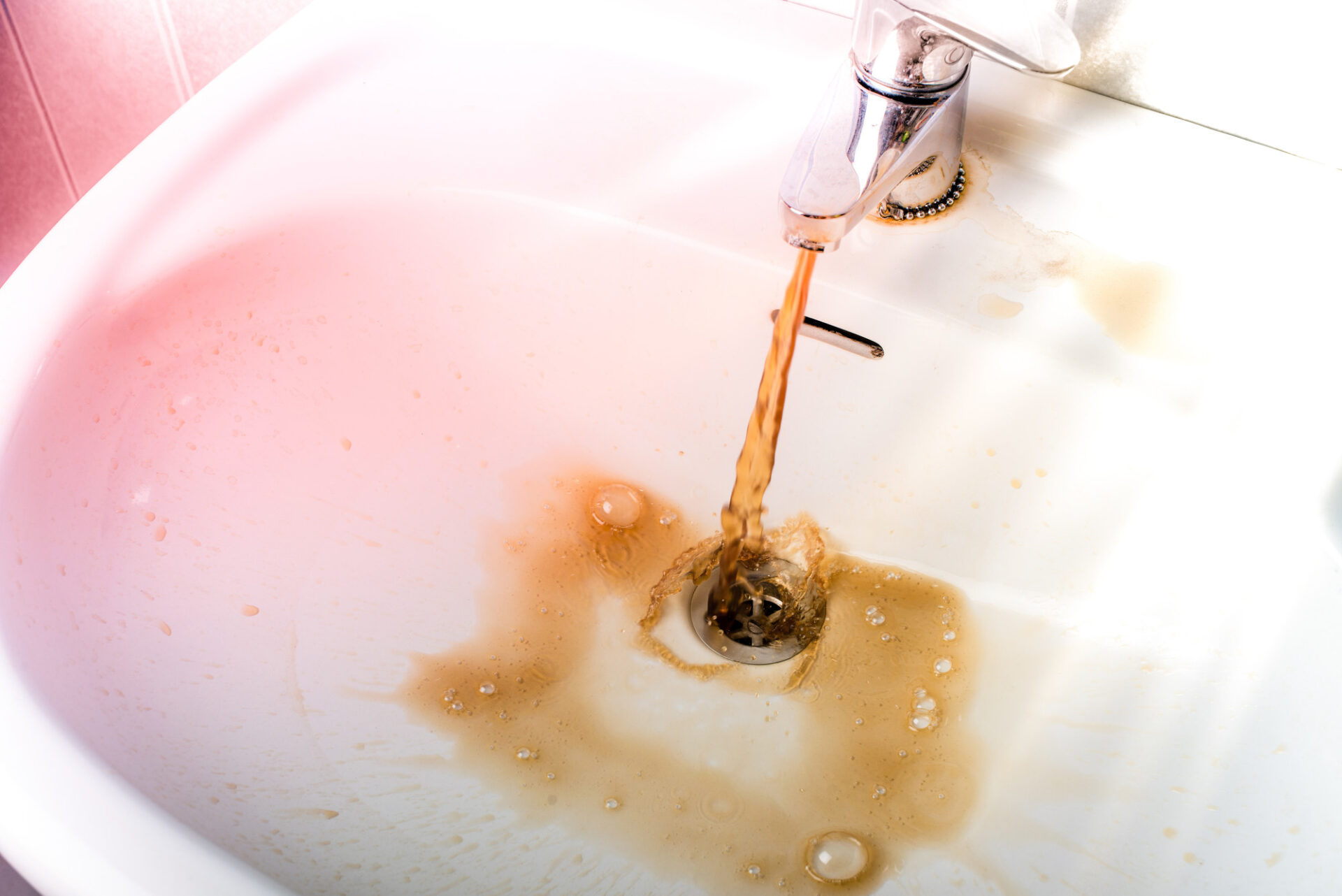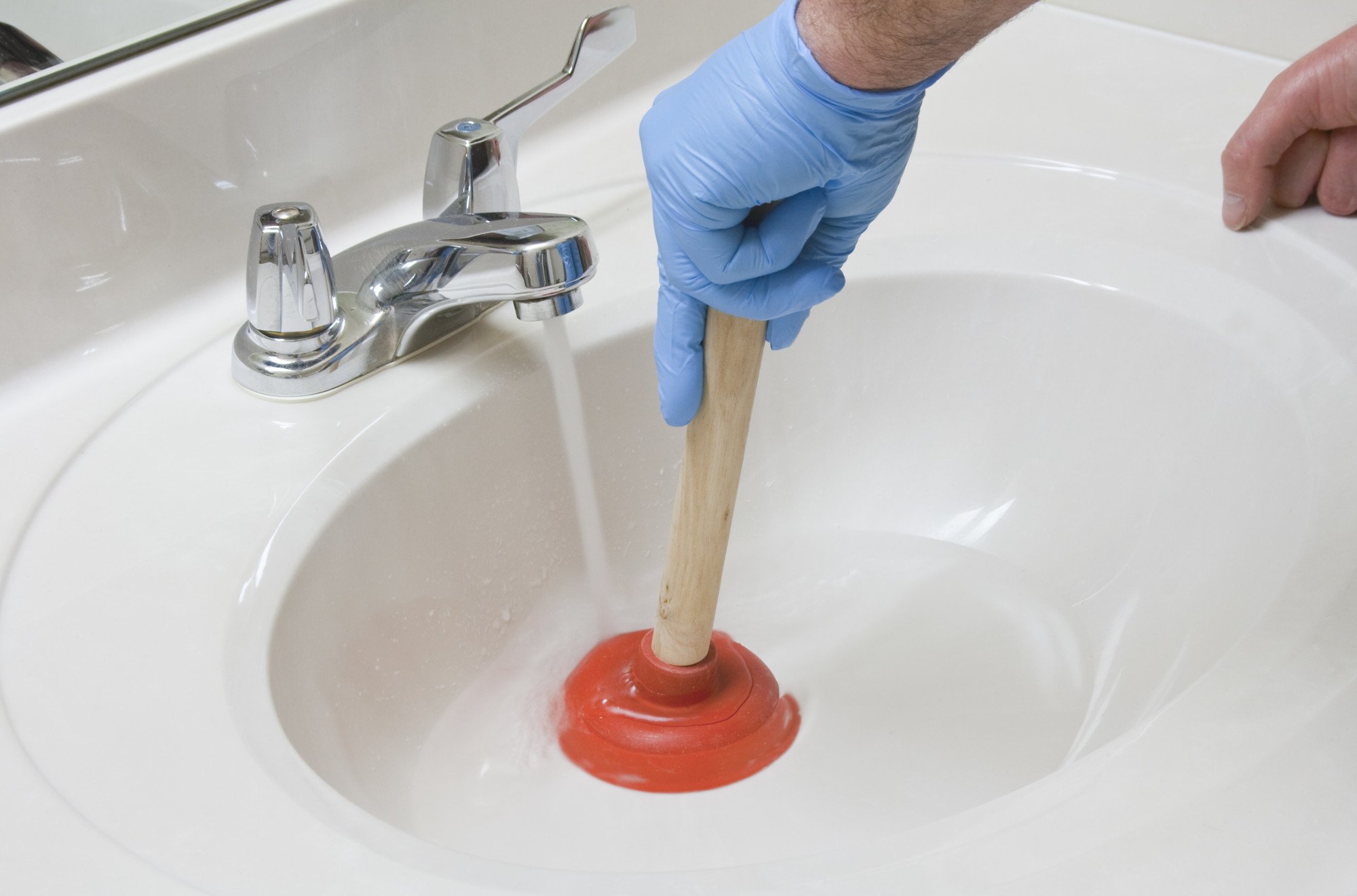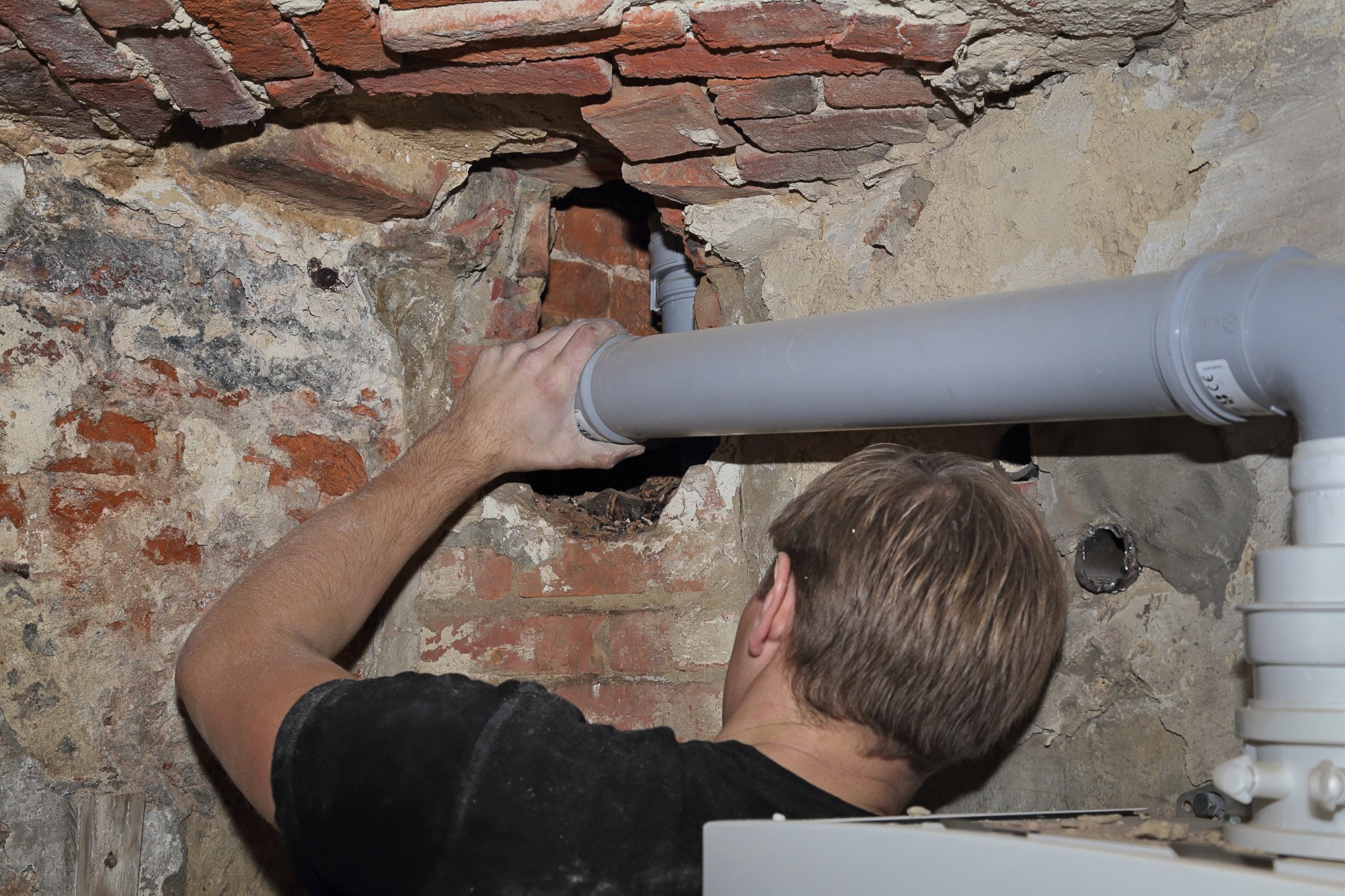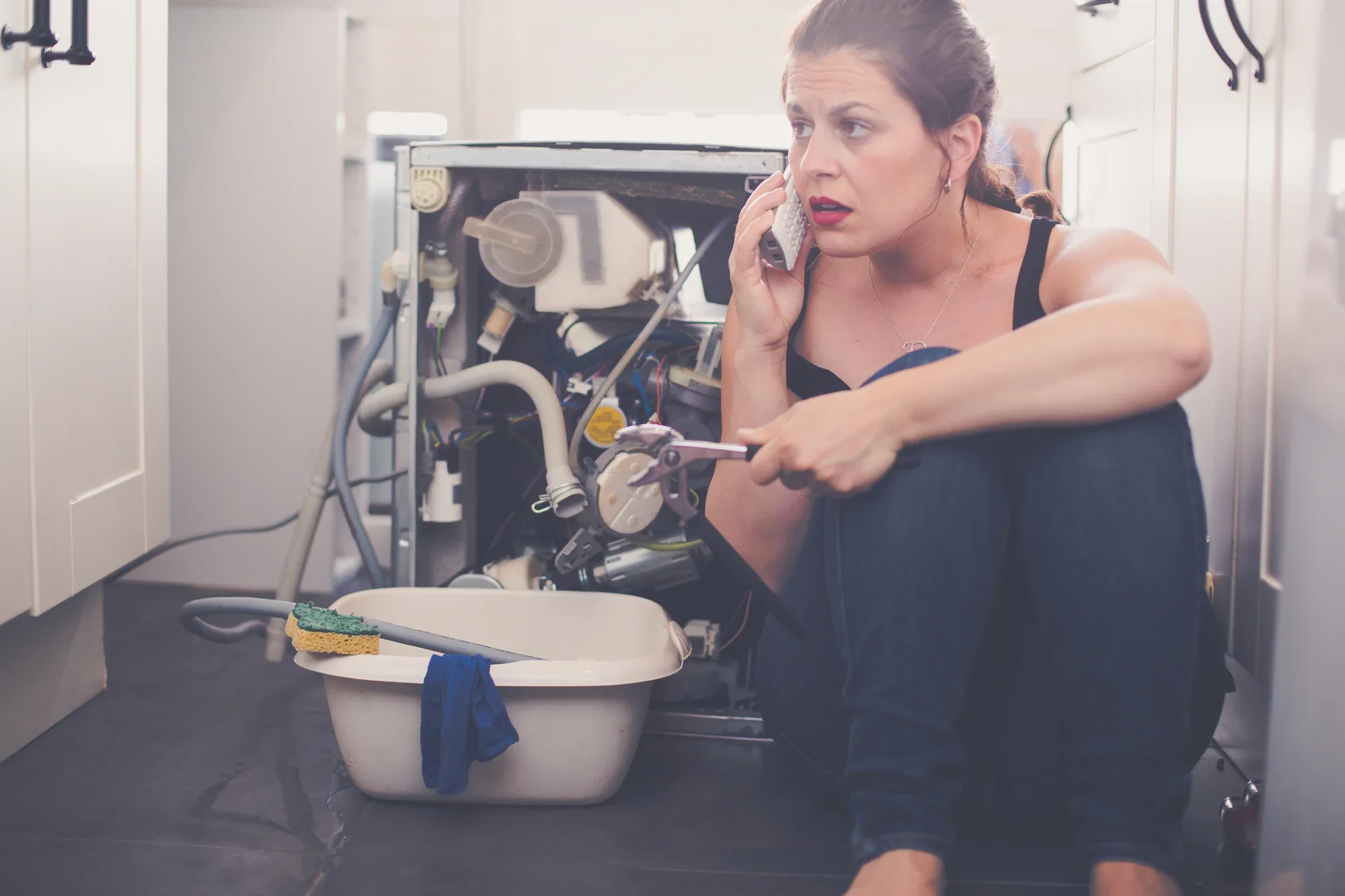If your home uses a septic tank, it’s vital to ensure that you keep it maintained on a regular basis. According to the EPA, one in every five American households uses a septic tank rather than a city sewer system.
People who own a septic system should be aware of the warning signs that something is wrong so they can get emergency service right away.
Read on for a list of seven septic tank warning signs that every homeowner should know about.
1. The Ground is Shifting or Moving
Even slight movements or shifts in the ground can add pressure to your septic tank. Heavy, compacted dirt can weigh a lot, which will increase the weight on top of the tank over time. This pressure could eventually cause the walls of your tank to crack, and it can be costly to repair.
Not only could this warning sign cause your tank to back up and require more frequent emptying, but it can also cause groundwater to get into the tank. When groundwater gets into your tank, it makes it more difficult for the solid waste and liquid to separate. Look for signs of dirt or ground shifting and moving to ensure that your tank is in good condition.
2. Spongy, Bright Green Grass Around the Septic Tank
If the grass near your septic tank seems lush and green, it could actually indicate a problem. Leaking liquid wastewater could be getting into your lawn before it reaches the drain field.
This leaking wastewater acts as fertilizer for your grass. Super green grass or spongy grass may mean that you have a full septic tank. Consider getting the tank inspected or pumped, which you should do at least every three to five years whenever possible.
3. Water or Sewage Backups in Your Home
Smelly dark-colored liquid gurgling up or backing up in your drains is a serious warning sign that your septic system is in trouble. This could mean that your tank is filling up too fast before waste and dirty water can reach the drain field. You may need to drain your septic tank to correct the problem.
An overfull tank will cause water and wastewater to back up into the system, which is certainly not something you want to deal with. The issue could also be due to clogged septic tank plumbing lines between the house and the septic tank. Ask for an inspection to confirm what’s causing the issue, so you can get it corrected.
4. Trees or Bushes are Too Close to Your System
Roots from trees and hedges will naturally want to reach water to help them grow. If you have plants located too close to the septic system, it could wreak major havoc. Roots can crack your septic tank pipes or cause dirt to get inside them, causing the system to clog.
Always make sure that you plant trees and other plants as far away from your system as possible, including the drain field. Anything with aggressive root systems like bamboo or pine trees should be even further. The fewer plants you have around your septic system, the better.
5. Pooling Water
In many cases, pooling water in your yard is a result of improper grading. But standing water may also indicate that there’s an issue with your septic tank. When water saturates the drain field, it can prevent your septic tank from draining as efficiently as it should.
If you’ve recently experienced heavy rains, let your septic system drain by using it less often until the water subsides. If there’s still pooling or standing water, then it’s time to contact a plumber. An improperly draining septic tank can lead to all kinds of issues, including water and waste backing up into your drains.
6. Slow Drains and Pipes
Water should flow quickly down the drain and through your pipes. If it seems that the water is draining slowly, then there could be a clog in the pipe that flows into your septic system.
Don’t use a typical drain cleaning product, as they may contain harsh chemicals that can damage your pipes and kill the good bacteria that your septic system relies on. Always call a plumber to help you diagnose the slow drains in your home. You can also stick to using natural products that contain “good” bacteria and enzymes to help keep your pipes clear.
7. Unpleasant Rotten Egg Odors
If you notice an awful rotten egg smell, sewage isn’t always to blame. This unpleasant, noxious smell may also be due to gases that are coming from your septic system. Gaps in seals or floor drains can cause those gases to be released into your home.
Check all of the exposed fixtures in your kitchen and bathrooms to confirm that everything is properly sealed. If you’re still smelling rotten eggs, ask for a smoke test. This test will help find any leaks in the lines so you can get them repaired by a professional plumber.
Don’t Ignore the Warning Signs
Keep these seven warning sins in mind so you’re aware of potential issues with your septic tank and system. Once you know what to look for, it’s much easier to make sure that your system continues operating the way it should.
If you’re looking for help with your septic system or plumbing, be sure to contact the professionals at Master Plumbing today. We provide top-of-the-line plumbing services to our valued customers in Boise, Idaho, and across the Southern Idaho Region.



